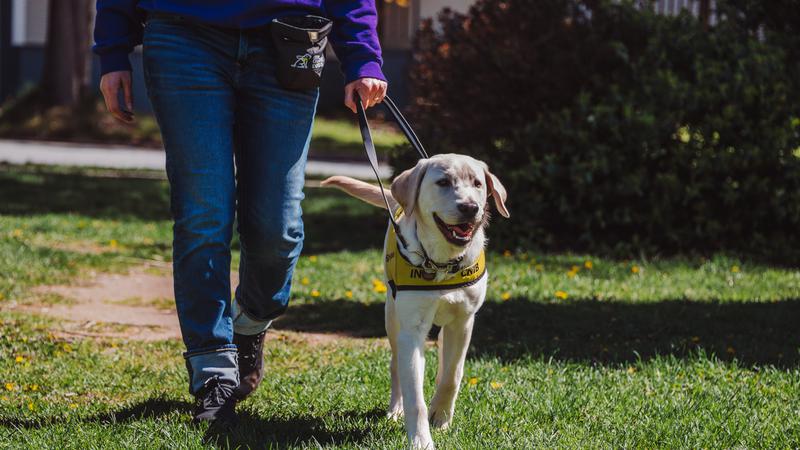
Nine northerners one step closer to becoming pilots
A group of nine northern residents are one step closer to obtaining their commercial pilots license and gaining employment with Rise Air.
A ceremony was held Friday in Saskatoon to celebrate their completion of ground school, a key milestone for the students in the Dziret’ái Pilot Training Program launched in September 2024. The program is an initiative created to help empower Indigenous residents and women in Saskatchewan’s Athabasca Basin.
In total, 105 people applied of which 15 students were accepted into the Elevated Skills portion. From there, 12 went on to take pilot training and nine successfully finished ground school.
“They have been flying for a little while with instructors and one-by-one they have been graduating to that next stage, which is flying solo,” said Rise Air director of marketing and stakeholder relations Dan Gold.



